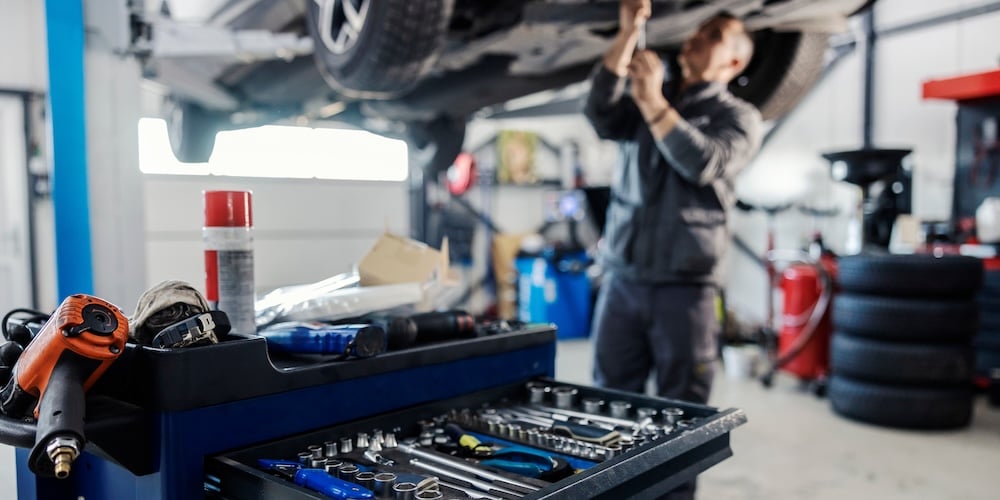An automotive mechanic's expertise and effectiveness are deeply intertwined with the quality and availability of their tools. While auto repair shops typically provide necessary heavy-duty equipment, mechanics benefit greatly from possessing a personal set of tools. This blog post details some of the essential tools mechanics should own and the benefits of providing self-owned tools.
Why Automotive Mechanics Should Provide Their Own Tools
Owning personal tools is a long-standing practice in the automotive repair industry, driven by practicality and pride. Personal tools allow mechanics to be familiar and efficient with their equipment, improving work quality and speed. This familiarity is crucial in a profession where precision and reliability are key.
Furthermore, personal tools reflect a mechanic's commitment and adaptability. They allow for customization based on individual preferences and specialties, something not always feasible with general shop tools. Also, having their own tools ensures mechanics are not hindered by the unavailability or misplacement of shop tools, thereby enhancing efficiency and productivity.
15 Tools That a Mechanic Should Own
- Wrench Set: Essential for a variety of tasks, especially for tightening and loosening nuts and bolts. Both metric and standard sizes are recommended.
- Socket Set: Crucial for dealing with nuts and bolts in tight spaces. A comprehensive set in both metric and standard sizes is ideal.
- Screwdriver Set: Versatile tools for adjusting components or prying parts, including both flathead and Phillips types in multiple sizes.
- Pliers and Wire Cutters: Necessary for gripping, bending, and cutting wires, especially in electrical repairs.
- Torque Wrench: Vital for precision tightening, ensuring bolts and nuts are tightened to the correct specifications.
- Multimeter: Indispensable for diagnosing electrical issues in modern, electronically-equipped vehicles.
- Flashlight or Headlamp: Essential for proper visibility in poorly lit areas under the hood or the car.
- Impact Gun: A personal impact gun guarantees readiness for tasks requiring additional torque.
- Code Reader/Scanner: Crucial for diagnosing and resetting computer systems in modern vehicles.
- Quality Toolbox: Important for organizing and protecting tools, preferably one that is mobile for easy movement around the shop.
- Automotive Stethoscope: Invaluable for diagnosing and locating noises and problems in engines, bearings, and other moving parts.
- Battery Carrier: Essential for safely and efficiently removing and installing vehicle batteries, which can be heavy and awkward to handle.
- Flexible Funnel: A lifesaver for adding fluids in tight spaces, reducing spills and wastage.
- Spark Plug Pliers: Specifically designed for removing and installing spark plugs, protecting against damage, and ensuring proper handling.
- Wire Brushes: Useful for cleaning battery connections, grounding points, and other metal components, essential for proper electrical connectivity and rust removal.
This is not intended to be a comprehensive list of every tool a mechanic should own. Rather, you can use this list as a starting point to ensure you have all the necessary tools to excel as an automotive technician.
Conclusion
The personal toolkit of an automotive mechanic is more than just a collection of tools; it's a reflection of their skill, dedication, and preparedness for the myriad challenges that automotive repair presents. Investing in high-quality, personal tools can significantly impact a mechanic's efficiency, reliability, and overall job satisfaction. These tools not only facilitate effective task execution but also contribute to a mechanic's professional growth and reputation in the field.
While a repair shop provides the necessary infrastructure, a mechanic's personal toolkit is their trusted ally, perfectly tailored to their unique approach and style in the ever-evolving world of automotive repair. This personalized toolkit elevates their quality of work but also underscores a mechanic's commitment to excellence, paving the way for a successful and fulfilling career.


